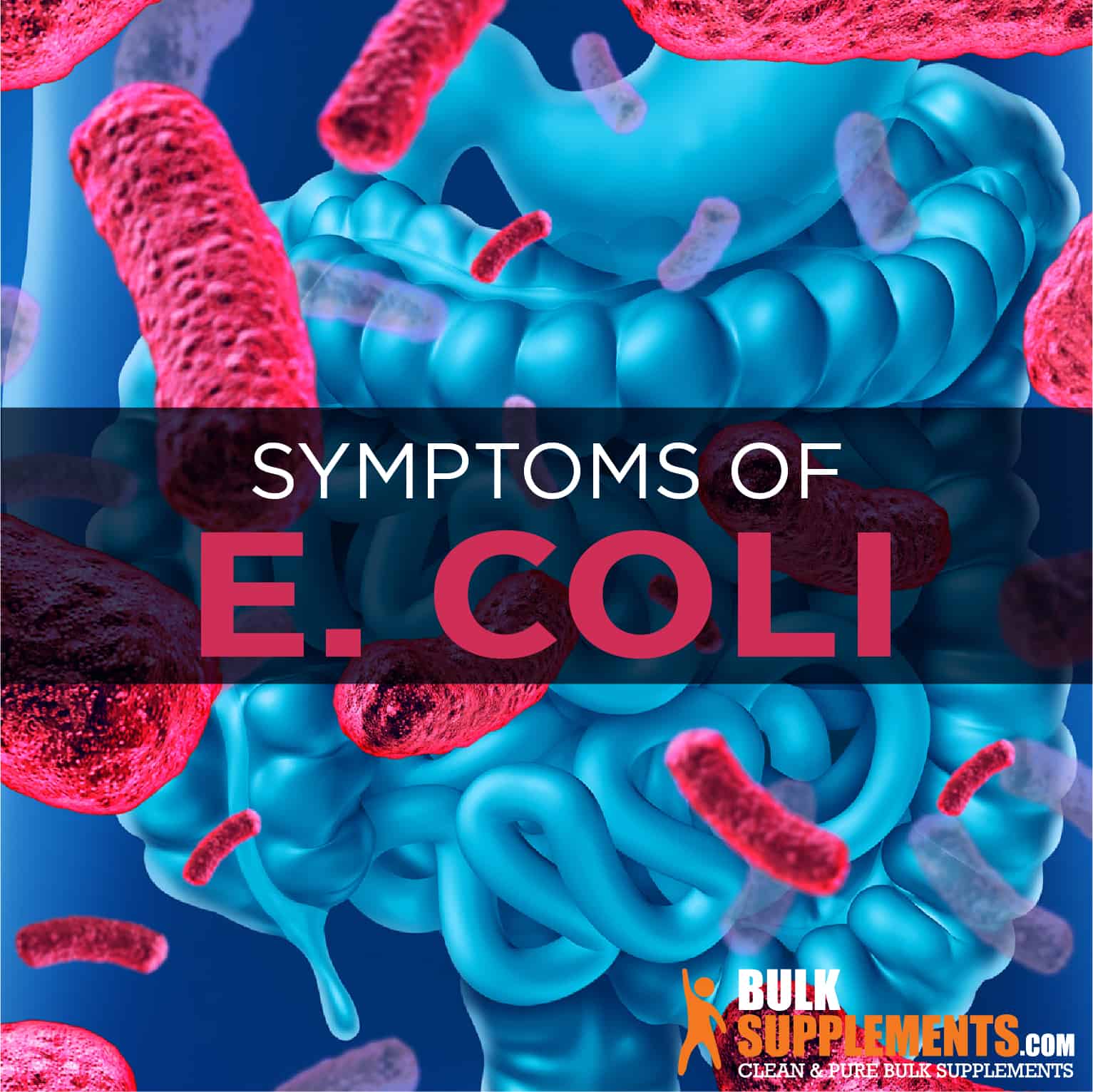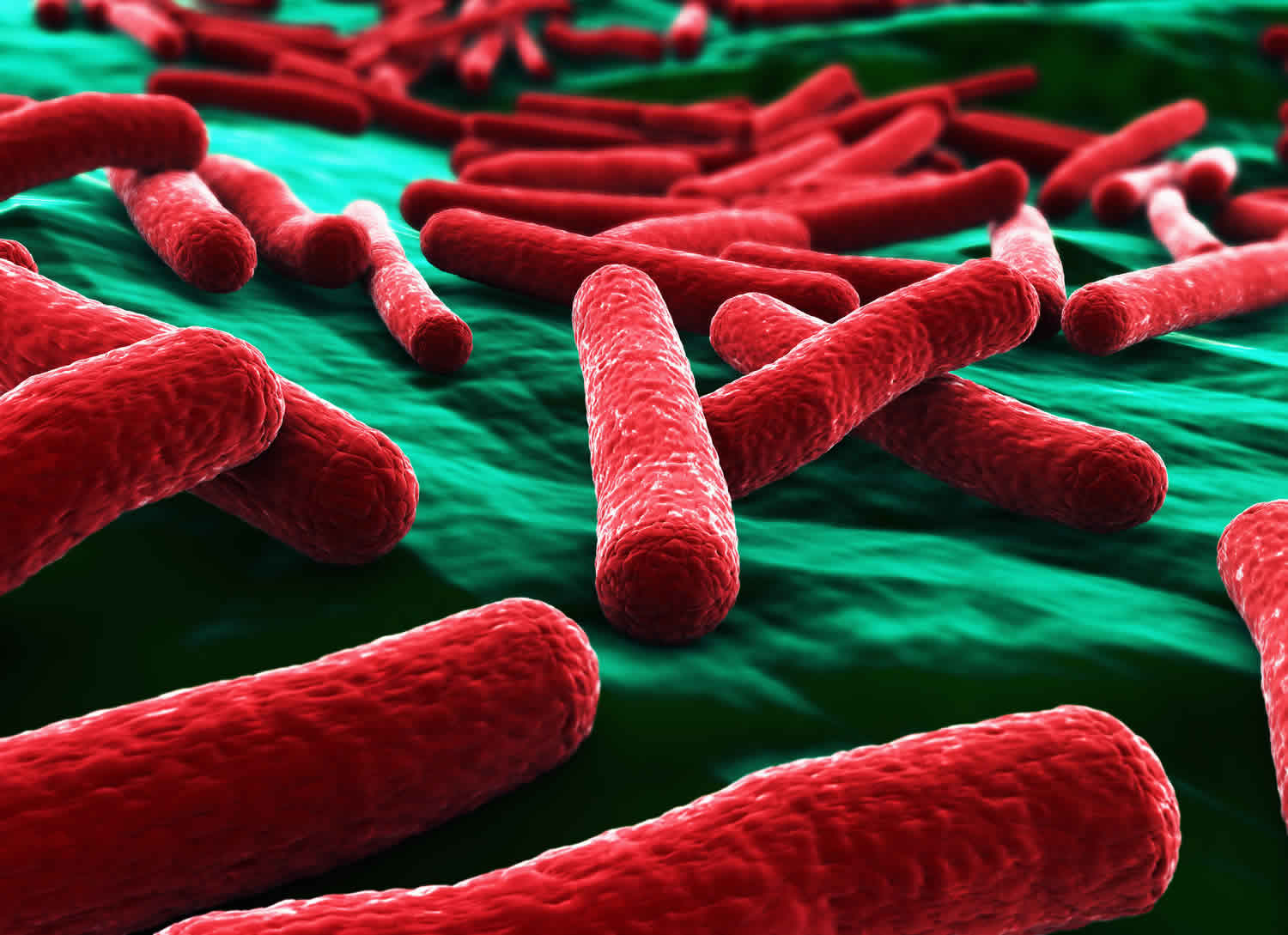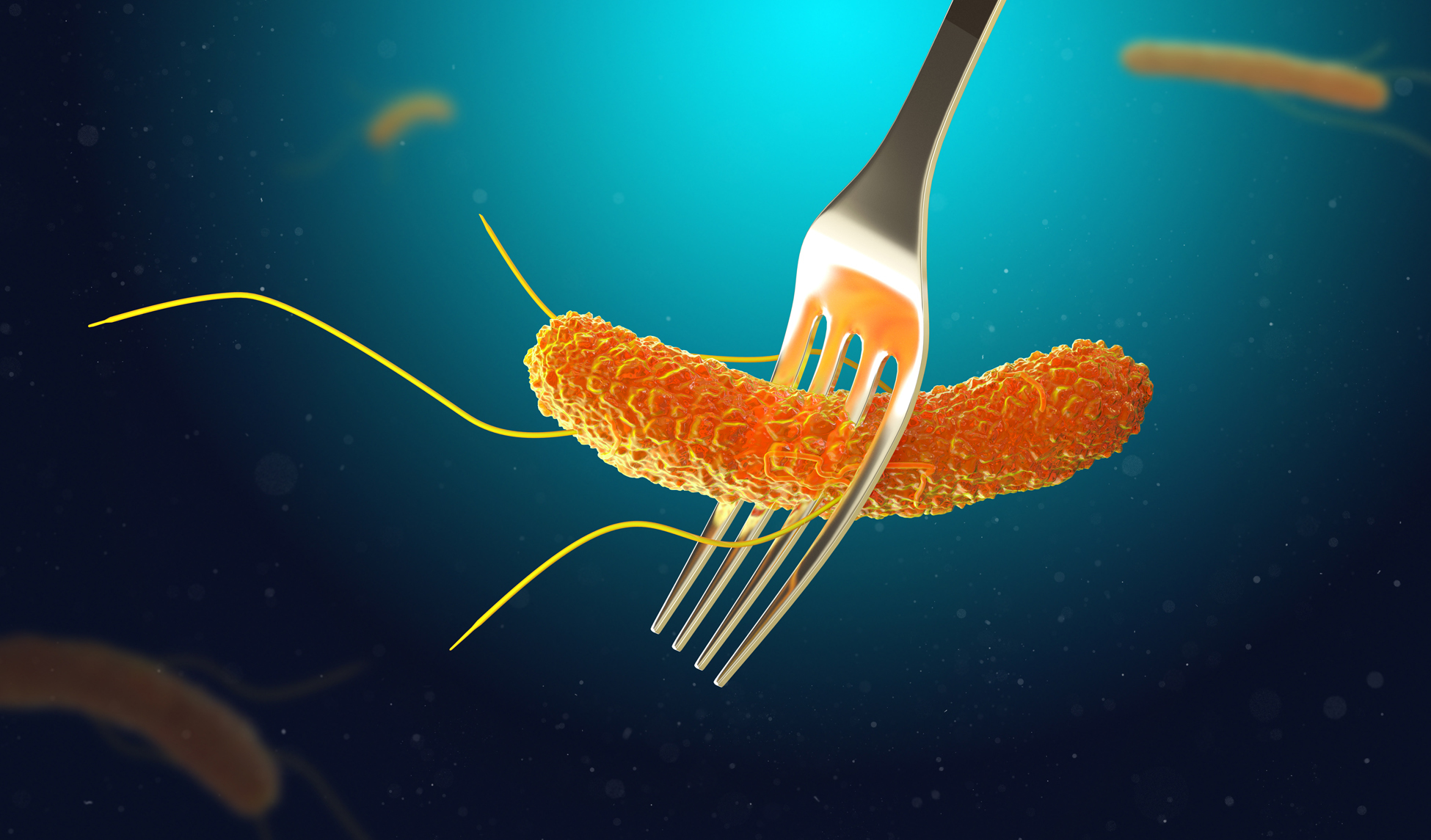Common Symptoms of E. coli Infections

E coli symptoms – Escherichia coli (E. coli) is a type of bacteria that can cause a range of infections in humans, including food poisoning, urinary tract infections, and pneumonia. The symptoms of E. coli infections can vary depending on the type of infection, but some of the most common symptoms include:
- Diarrhea
- Abdominal pain
- Nausea
- Vomiting
- Fever
- Chills
- Headache
- Fatigue
The severity and duration of these symptoms can vary depending on the individual and the type of E. coli infection. In most cases, symptoms will resolve within a few days, but some people may experience more severe symptoms that require medical attention.
As the discomfort of E. coli symptoms intensifies, I seek refuge in a realm of distraction, immersing myself in the pages of the acolyte. Its captivating narrative transports me to a world of mystery and intrigue, temporarily alleviating the distress that grips my body.
Yet, as the symptoms persist, my mind inevitably returns to the discomfort, a reminder of the physical turmoil that lingers beneath the surface of this literary escape.
Risk Factors and Transmission of E. coli: E Coli Symptoms

E. coli infections can affect individuals of all ages, but certain factors increase the risk of acquiring these infections. Understanding these risk factors and transmission routes is crucial for implementing effective preventive measures.
Risk Factors
- Consuming contaminated food or water: Uncooked or undercooked meat, unpasteurized milk, contaminated produce, and untreated water are common sources of E. coli infection.
- Contact with infected animals or their feces: Animals, particularly cattle, can carry E. coli in their intestines. Contact with these animals or their feces can transmit the bacteria to humans.
- Poor hygiene practices: Inadequate handwashing after using the toilet, changing diapers, or handling animals can facilitate the spread of E. coli.
- Weakened immune system: Individuals with compromised immune systems, such as the elderly, young children, and those with chronic illnesses, are more susceptible to E. coli infections.
Transmission Routes
E. coli is primarily transmitted through the ingestion of contaminated food or water. The bacteria can also be transmitted through direct contact with infected animals or their feces. In rare cases, E. coli can spread through contact with contaminated surfaces or objects.
Treatment Options for E. coli Infections

Treatment for E. coli infections typically depends on the severity of the symptoms and the specific strain of bacteria causing the infection.
In mild cases, supportive care may be sufficient, including rest, adequate hydration, and over-the-counter pain relievers. Antibiotics are generally not recommended for mild E. coli infections, as they can contribute to the development of antibiotic resistance.
Antibiotics
For more severe E. coli infections, antibiotics may be prescribed. Commonly used antibiotics include:
- Ciprofloxacin
- Levofloxacin
- Trimethoprim-sulfamethoxazole (TMP-SMX)
- Nitrofurantoin
The choice of antibiotic depends on the susceptibility of the specific E. coli strain to the medication.
Other Treatments
In some cases, other treatments may be necessary, such as:
- Intravenous fluids to prevent dehydration
- Blood transfusions to replace lost blood in severe cases
- Surgery to remove infected tissue or drain abscesses
When to Seek Medical Attention, E coli symptoms
It is important to seek medical attention promptly if you experience severe symptoms of an E. coli infection, such as:
- Bloody diarrhea
- Fever over 101 degrees Fahrenheit
- Vomiting that persists for more than 24 hours
- Severe abdominal pain
- Signs of dehydration, such as decreased urination, dry mouth, and dizziness
E. coli symptoms, such as severe abdominal cramps, diarrhea, and vomiting, can be debilitating. If you’re experiencing these symptoms, it’s important to seek medical attention promptly. While researching E. coli symptoms, I stumbled upon an interesting question: is antony starr a nice guy ?
Starr, known for his role in The Boys, has a reputation for being both charming and enigmatic. Returning to the topic of E. coli symptoms, it’s crucial to remember that these symptoms can worsen quickly, so it’s essential to seek professional help as soon as possible.
The onslaught of E. coli symptoms can leave you feeling weak and disoriented. In search of respite, I stumbled upon Rickwood Field , a tranquil oasis amidst the bustling city. Its verdant expanse and soothing breeze offered solace, reminding me that even in the midst of adversity, there is always hope for recovery.
E. coli symptoms, like stomach cramps and diarrhea, can be unpleasant. It’s like being on a bumpy ride, with your insides churning. Speaking of rides, have you heard of Jackie Robinson , who broke baseball’s color barrier? His courage was like a smooth swing, changing the game forever.
Back to E. coli, these symptoms can last a few days, so it’s important to stay hydrated and seek medical attention if they persist.
E. coli can cause a range of symptoms, from mild discomfort to severe illness. In some cases, it can even be fatal. The severity of the symptoms depends on the type of E. coli bacteria and the amount of bacteria that is ingested.
If you are experiencing symptoms of E. coli infection, it is important to see a doctor right away. For more information on the 2015 NBA Finals, where Steph Curry led the Golden State Warriors to victory, click here. E.
coli can be spread through contaminated food or water, so it is important to practice good hygiene and to cook food thoroughly.